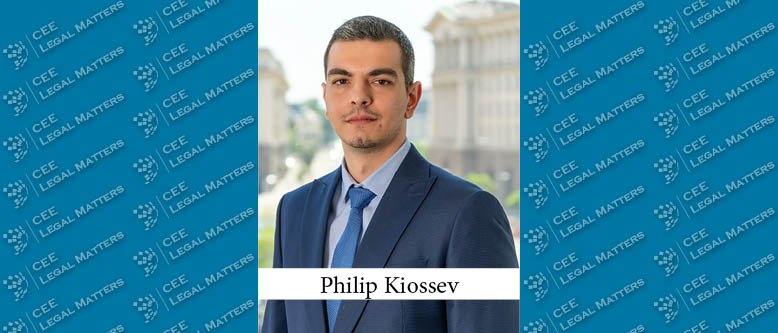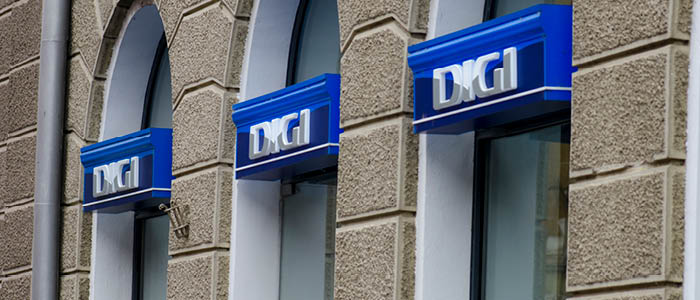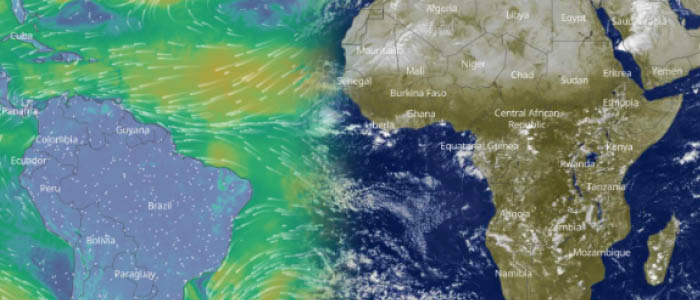In terms of recent updates, on 25 February the Council of the European Union adopted the tenth package of economic and individual sanctions against Russia in response to the armed conflict in Ukraine, coinciding with the one-year anniversary of Russia's full-scale invasion of Ukraine.
Background
The legislative framework at EU level for the application of these restrictive measures is mainly represented by the following legal acts: Council Regulation (EU) No. 269/2014 concerning restrictive measures in respect of actions undermining or threatening the territorial integrity, sovereignty and independence of Ukraine, Council Regulation (EU) No. 833/2014 concerning restrictive measures in view of Russia's actions destabilising the situation in Ukraine, Council Decision 2014/145/CFSP concerning restrictive measures in respect of actions undermining or threatening the territorial integrity, sovereignty and independence of Ukraine and Council Decision 2014/512/CFSP concerning restrictive measures in view of Russia's actions destabilising the situation in Ukraine.
At the same time, as we saw in practice, other states have joined the efforts to sanction Russia for its military aggression against Ukraine, including, for example, the United States and the United Kingdom.
At the local level, Romania, as a member state of the United Nations and the European Union, has assumed the obligation to implement international commitments, which is why it adopted in 2008 the Government Emergency Ordinance No. 202/2008 on the implementation of international sanctions ("GEO 202/2008").
According to Art. 1 para. (1) of GEO 202/2008, this legislative act creates the general framework for the implementation of international sanctions decided by the United Nations Security Council or the bodies of the European Union.
Further, according to the provisions of Art. 4 para. (1) of the same regulation, Romanian public authorities and institutions are obliged, within their area of competence, to follow up normative acts providing for international sanctions by adopting the necessary measures to ensure their implementation. In this category we can list, for example, the Financial Supervisory Authority or the National Agency for Fiscal Administration (the "NAFA").
At the same time, it should be noted that, in accordance with the provisions of Art. 13 of GEO 202/2008, an inter-institutional Council (or Committee) is established under the coordination of the Ministry of Foreign Affairs to coordinate the implementation of international sanctions. In addition, we mention that, through Decision No. 269/7 April 2022, the Prime Minister of Romania decided to set up the Inter-ministerial Committee for the implementation of international sanctions. From the analysis of the legal provisions by which they were established, it is not sufficiently clear whether we are dealing with two bodies with different functions, given that we can see that they have common members and that some tasks are also common to both bodies.
General aspects regarding derogation
Once the national authorities have implemented the international sanctions, it becomes relevant for the parties involved or affected by the restrictive measures to determine whether those measures may be modified or even terminated in relation to them.
To this end, the provisions of Art. 8 to 83 of GEO 202/2008 refer to the derogation procedure, which can take two forms, a general and a special one.
The provisions of Art. 8 describe the derogation in general terms, stating that "In order to obtain a derogation from the application of international sanctions, subject to compliance with the conditions laid down in the act referred to in Art. 1 para. (1) or the act referred to in Art. 4 para. (4), any person may submit, in writing, a request to the competent Romanian authority in accordance with this Government Emergency Ordinance, which shall be accompanied by all relevant documents."
The competent authority to which the request is made will decide on the derogation after having obtained from the Ministry of Foreign Affairs the opinion of conformity with international law, which is expected to be provided within 5 business days of receipt of the request by the competent authority.
The request for derogation shall be dealt within 15 days of its receipt, unless otherwise provided for by special law, or 5 days if the derogation concerns the satisfaction of basic needs or for humanitarian reasons.
Recently introduced by GEO 79/2022 for amending GEO 202/2008, the special form of derogation involves the temporary release of funds and/or economic resources subject to the restrictive measure through the establishment of a system of supervision.
The prerequisite for applying for such an exemption is that the applicant is a legal person owned or controlled by the entity on which the restrictive measure is imposed and that the application of the restrictive measure is likely to have a significant economic impact on the applicant.
The supervision system consists in the supervision of the applicant's activity by a representative of the Ministry of Economy, this person having a number of rights and obligations as detailed in Article 82 of GEO 202/2008.
In addition, authorization of certain transactions to protect the rights of third parties is also a form of derogation. Thus, according to the provisions of Art. 22 para. (2) of GEO 202/2008, applicants other than those subject to international sanctions who have a right to the property affected by the restrictive measures or those who are creditors may apply for an authorisation to use the property subject to international sanctions for the purpose of discharging that obligation.
Authorisation of the derogation by the NAFA
For the situation in which the restrictive measure is implemented by the NAFA, in addition to the provisions of GEO 202/2008, the provisions of the Procedure on how the NAFA carries out its duties in the field of international sanctions approved by the Order of the NAFA's President No. 1984/2019 ("Procedure") are also relevant.
The Procedure, among others, details the powers of NAFA in the field of international sanctions, as well as the mechanisms by which derogation (authorisation) from the application of international sanctions can be requested (provisions of Art. 27 - 32 of the Procedure).
In practice, the NAFA exercises its role by issuing orders to freeze funds and/or economic resources held by entities/individuals targeted by international sanctions. The list of orders issued by the NAFA from 2012 to date can be found here .
For granting of the derogation, in addition to the general conditions listed in GEO 202/2008, the Procedure also contains a set of specific requirements, such as: what the derogation/authorization request must contain, which are the supporting documents, the procedure for filling in gaps/correcting errors, the resolution procedure, the appeal procedure, etc.
If the NAFA approves the request for derogation/authorisation, this is followed by the issuance of the order to release the frozen funds and/or economic resources.
Conclusions
For entities or individuals affected by restrictive measures decided by the Romanian public authorities and institutions following the implementation of international sanctions, it is relevant to analyse, in relation to the specific situations, whether the conditions for filing a request for derogation from the provisions of GEO 202/2008 are created.
By Bogdan Bibicu, Partner and Daniel Ghimpu, Associate, Wolf Theiss
























